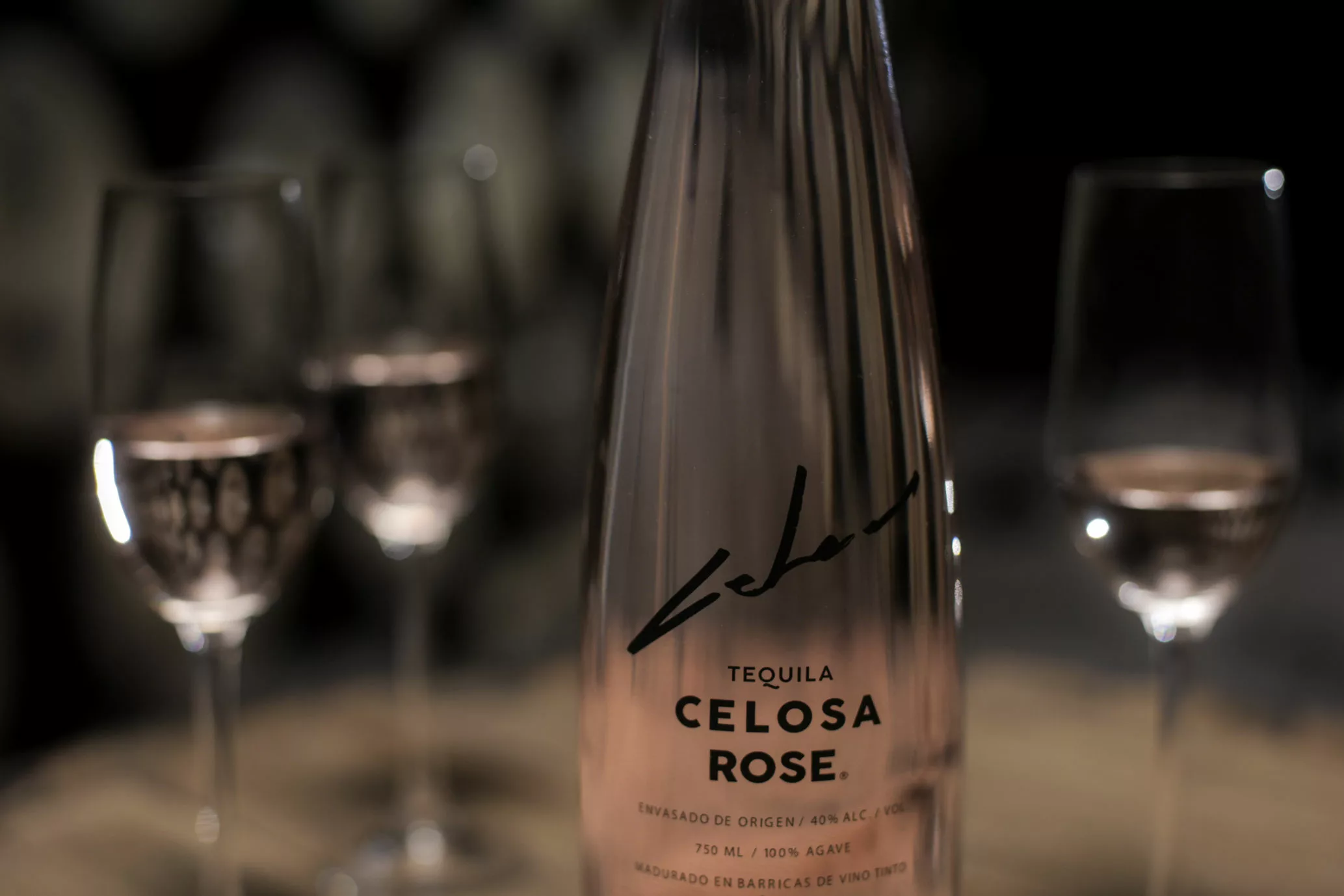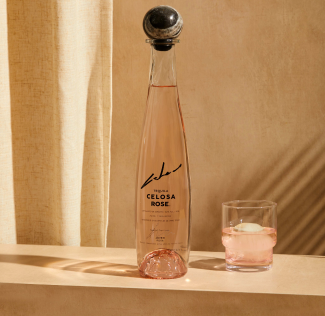An Introduction To Tequila
Tequila, a gem of Mexican culture and heritage, is a distilled spirit that embodies the heart and soul of Mexico. It’s not just a beverage but a symbol of tradition, history, and national identity. This spirit, made from the blue agave plant, is as diverse as the Mexican landscape, offering a range of flavors and experiences that reflect the rich soil and climate variations of the regions where agave is grown.
The Cultural Significance of Tequila in Mexico
In Mexico, tequila is more than just a popular drink; it’s a cornerstone of cultural identity. This spirit has witnessed the history of the nation, from ancient rituals to contemporary celebrations. It represents a fusion of indigenous Mexican traditions and Spanish influences. Celebratory events, from weddings to national holidays, often feature tequila, symbolizing unity, joy, and the enduring spirit of the Mexican people.
History of Tequila
Tequila’s history traces back to the pre-Columbian era when the native peoples discovered the fermentative properties of the agave plant. The Spanish colonization introduced distillation, transforming the indigenous pulque into what we know today as tequila. Over centuries, tequila evolved, reflecting Mexico’s social and economic changes, ultimately becoming a global symbol of Mexican culture.
Different Types of Tequila
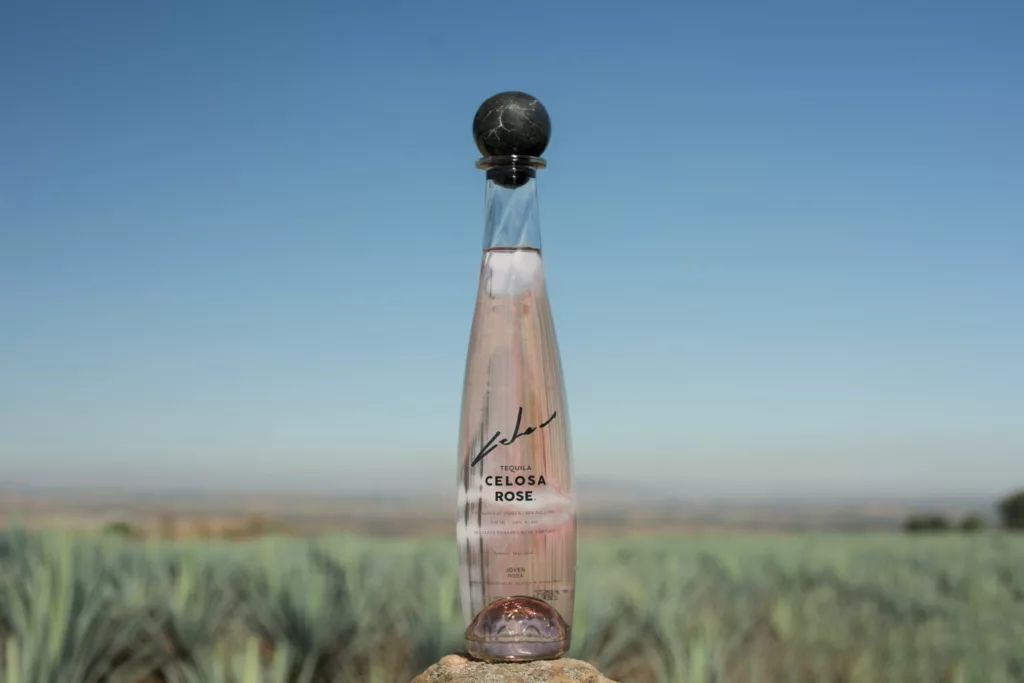
Tequila’s diversity is showcased in its different types, each offering distinct flavors and aromas, reflective of the craftsmanship and aging processes they undergo.
#1 Blanco or Silver Tequila
Blanco, or silver tequila, is the most traditional form. It’s unaged, offering a pure and vibrant taste of agave. This clear spirit is often praised for its crisp, fresh flavors that provide a direct expression of the agave’s quality.
#2 Reposado Tequila
Reposado tequila, aged in oak barrels for a few months, offers a perfect balance between the raw flavor of the agave and the subtle complexities introduced by the aging process. This golden-hued spirit provides a smoother, richer, and slightly woody flavor profile.
#3 Añejo Tequila
Añejo tequila, aged for one to three years, takes on a deeper, more complex character. It’s known for its rich, caramel, and vanilla notes, often with a smoother finish. This aging process imparts a complexity that appeals to those who appreciate a more robust and nuanced spirit.
#4 Extra Añejo Tequila Rose
Extra Añejo Tequila Rose represents the pinnacle of aging, with over three years in barrels. This tequila offers an extraordinary depth of flavor, often with hints of spice, oak, and dried fruit, making it a favorite among connoisseurs.
Joven and Gold Tequilas: The Lesser-Known Varieties
Joven and gold tequilas are unique blends of unaged and aged varieties. Joven is often a mix of blanco and reposado, while gold is typically a blend with added caramel or oak essence for color. These varieties offer a balance of sharpness from the blanco and smoothness from the aged tequilas.
How Is Tequila Made In Mexico?
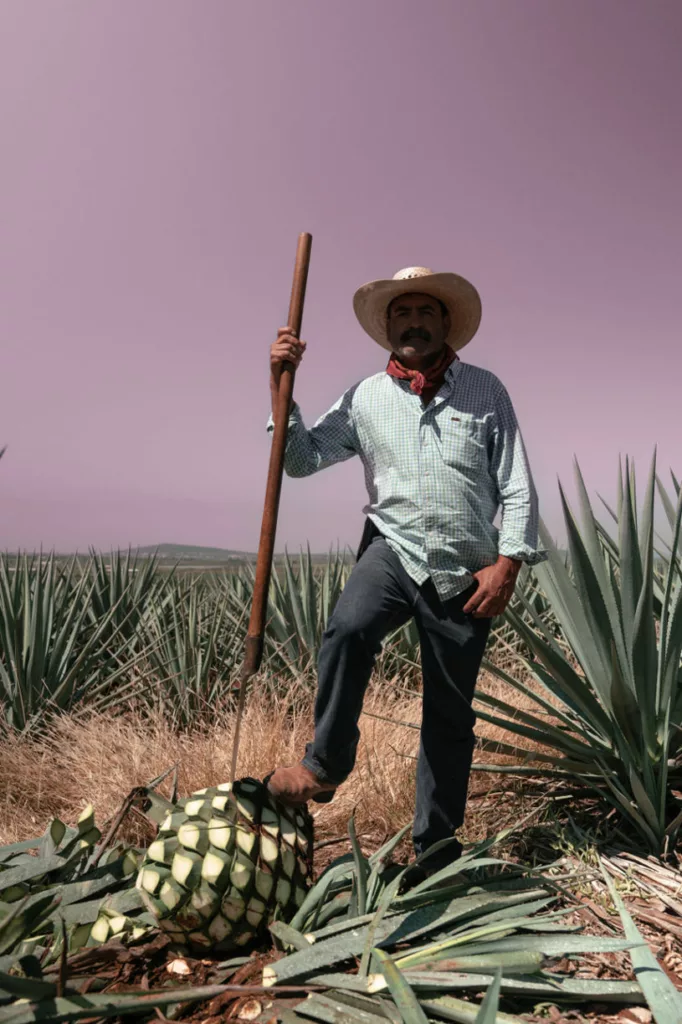
The art of making tequila is a meticulous process that has been refined over centuries, involving specific steps that contribute to the spirit’s final character.
Agave Cooking Methods
The heart of the tequila-making process lies in how the agave is cooked. Cooking converts the plant’s natural starches into fermentable sugars. Traditional methods involve baking the agave in brick ovens or stone pits, imparting a distinct flavor to the spirit.
Fermentation and Distillation
After cooking, the agave is crushed and fermented, a process where yeast converts the sugars into alcohol. Distillation then purifies and concentrates the alcohol. The skill of the master distiller is crucial in this stage, as it defines the tequila’s flavor and character.
Aging Tequila
Aging tequila in barrels is a delicate art. The type of barrel, the climate in which it’s stored, and the duration of aging all play a significant role in shaping the tequila’s final profile. This stage can add notes of vanilla, oak, chocolate, and many other subtle nuances to the spirit.
What Sets Artisanal Tequila Apart
Artisanal tequila is distinguished by its small-batch production and adherence to traditional methods. These practices often result in a more authentic and distinctive tequila, with a deeper connection to its roots and a more pronounced flavor profile.
The Role of Terroir in Tequila Quality
The concept of terroir is as important in tequila as it is in wine. The soil composition, climate, and altitude of the region where agave is grown significantly impact the plant’s flavor. This, in turn, influences the taste and quality of the tequila, making each region’s product unique.
Criteria for Defining the Best Tequila
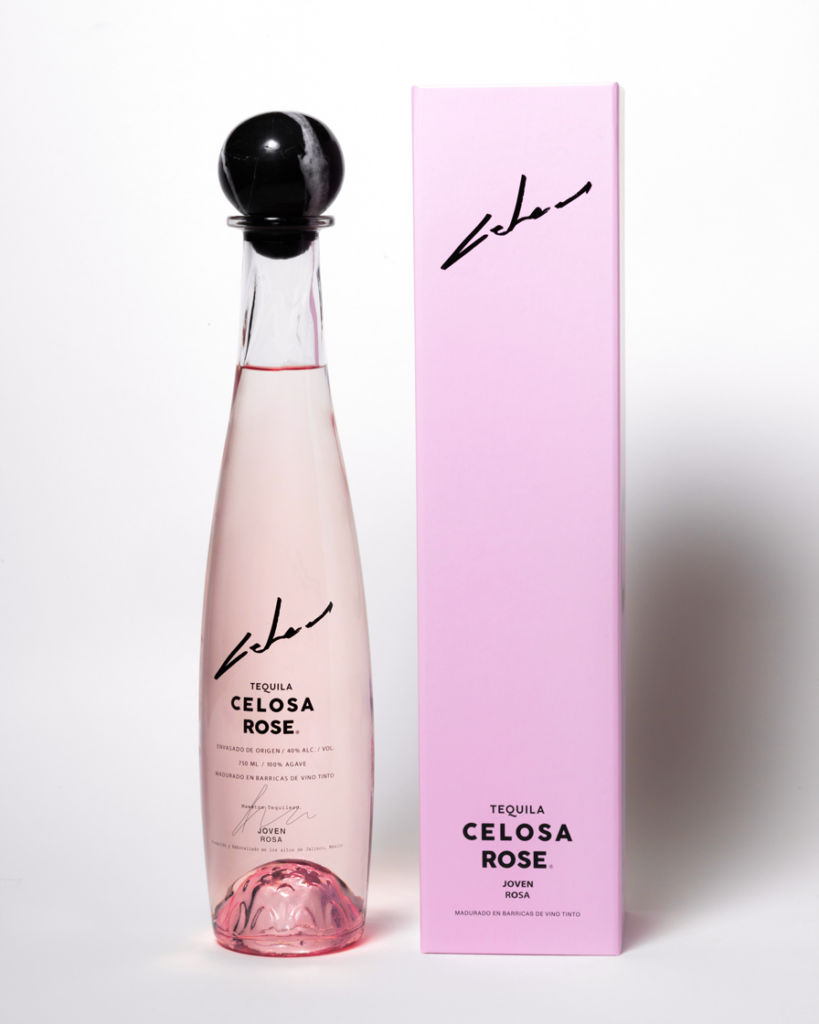
Flavor Profiles and Complexity
Determining the best tequila involves considering its flavor profile and complexity. The balance of sweetness, earthiness, and spices, along with the harmony between the agave and the influences of aging, define a top-quality tequila.
The Role of Sustainability in Tequila Production
Eco-Friendly Practices in Tequila Making
Sustainable practices in tequila production, such as responsible farming and eco-friendly manufacturing processes, are crucial. These methods not only protect the environment but also ensure the sustainability of the tequila industry.
How Sustainability Influences Quality
Sustainability can have a direct impact on the quality of tequila. Practices that prioritize the health of the agave plants and the land lead to a superior quality of the raw materials, which in turn results in a higher quality spirit.
Tequila Tasting Like a Pro

Understanding Tasting Notes
Tequila tasting is an art that involves recognizing and appreciating its various flavors and aromas. Identifying notes of citrus, pepper, caramel, or oak can enhance the tasting experience, allowing for a deeper appreciation of the spirit.
Tips for Conducting a Tequila Tasting Session
To conduct a successful tequila tasting, it’s essential to understand how to assess its appearance, nose, palate, and finish. Offering a range of types and ages, using proper glassware, and providing a neutral palate cleanser between tastings can greatly enhance the experience.
Tequila in Mexican Cuisine and Culture
Pairing Tequila with Food
Tequila pairs beautifully with a wide range of Mexican dishes. Its versatility allows it to complement spicy, savory, or even sweet flavors, enhancing the dining experience.
Tequila in Traditional Mexican Celebrations
Tequila is a staple in traditional Mexican celebrations, symbolizing festivity and community. Its presence in events like the Day of the Dead and Cinco de Mayo highlights its cultural significance.
Conclusion
In conclusion, the quest for the best tequila in Mexico is an exploration of taste, tradition, and craftsmanship. It’s a journey through the heart of Mexican culture, offering a glimpse into the soul of this remarkable country. The best tequila is not just defined by its flavor but by the story it tells and the experience it offers.
The Celosa Tequila shop features Celosa Rosé Tequila, an ultra-premium, 100% organic Joven Rosa Tequila made from blue weber agaves and aged in French oak red wine barrels. It offers a unique blend of cherry, tropical citrus, berries, and vanilla flavors for a crisp, sweet, and smooth finish. They also sell tequila-inspired luxury clothing.
